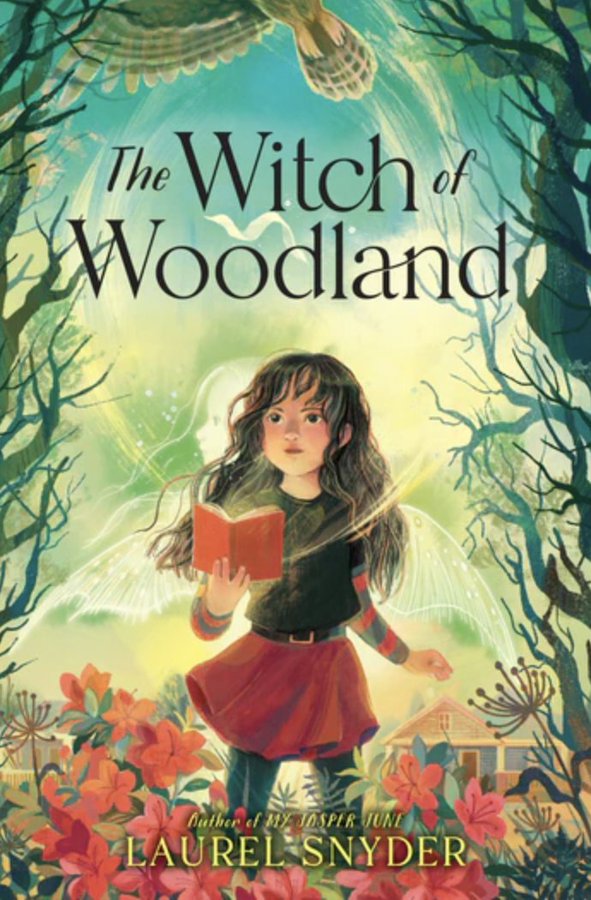About the Book
The Walter Award Honor–winning author of Root Magic returns with a terrifying story in the Southern Gothic tradition, inspired by the hoodoo practice of hair burning.
At night, Roddie still dreams of sitting at his mother’s feet while she braids his Afro down. But that’s a memory from before. Before his mom died in a tragic accident. Before he was taken in by an aunt he barely knows. Before his aunt brought him to Dogwood House, the creepiest place Roddie has ever seen. It was his family’s home for over a hundred years. Now the house—abandoned and rotting, draped in Spanish moss that reminds him too much of hair—is his home too.
Aunt Angie has returned to South Carolina to take care of Roddie and reconnect with their family’s hoodoo roots. Roddie, however, can’t help but feel lost. His mom had never told him anything about hoodoo, Dogwood House, or their family. And as they set about fixing the house up, Roddie discovers that there is even more his mother never said. Like why she left home when she was seventeen, never to return. Or why she insisted Aunt Angie always wear her hair in locs. Or what she knew of the strange secrets hidden deep within Dogwood House—secrets that have awoken again, and are reaching out to Roddie…
My Thoughts...
As someone who understands that many kids in upper elementary school love reading spooky books (and as a former kid myself who used to love reading spooky books), I needed to set my current adult biases aside and read this book with an open mind (and Eden Royce even calls adults out on this in her Nerdy Book Club post for this blog tour. It's an excellent post. You should go read it.). And I'm so glad I did. It was a very similar feeling I had when a friend of mine years ago told me I had to watch Jordan Peele's horror film masterpiece Get Out because it wasn't just a horror movie; It was a social commentary. And that's what The Creepening of Dogwood House feels like... there's more than just a spooky tale here. But it's done in a very kid friendly way as it deals with grief and family history. It's not meant to be over their heads or have a separate reading experience for kids and adults. This is also a really great book for kids who aren't sure if they want to read spooky/horror books because the creep factor happens gradually. So it's a good book to help ease a potential dubious reader into the horror genre. And as Eden Royce says in the aforementioned Nerdy Book Club post, "Reading horror where kids face their most paralyzing fears head on, can help kids understand that they can do the same." I can't think of a better endorsement for reading this book and also reading more horror novels than that.
About the Author
Eden Royce is a writer from Charleston, SC, now living in the Garden of England. Her debut novel, Root Magic, was a Walter Dean Myers Award Honoree, an ALA Notable Children’s Book, a Mythopoeic Fantasy Award winner, and a Nebula Award Finalist for outstanding children’s literature. Her latest book, The Creepening of Dogwood House is a Junior Library Guild Gold Standard Selection. Find her online at edenroyce.com.
Download the educators guide here.
THE CREEPENING OF DOGWOOD HOUSE BLOG TOUR
July 30 Nerdy Book Club @nerdybookclub
August 1 A Foodie Bibliophile in Wanderlust @bethshaum
August 1 B. Sharise Moore @b.sharise
August 7 Cassie Thomas @teachers_read
August 10 Jason DeHart, Words Images Worlds @wordsimagesworlds
August 14 LitCoach Lou @LitcoachLou
August 14 Katy Kramp @alibrarymama












